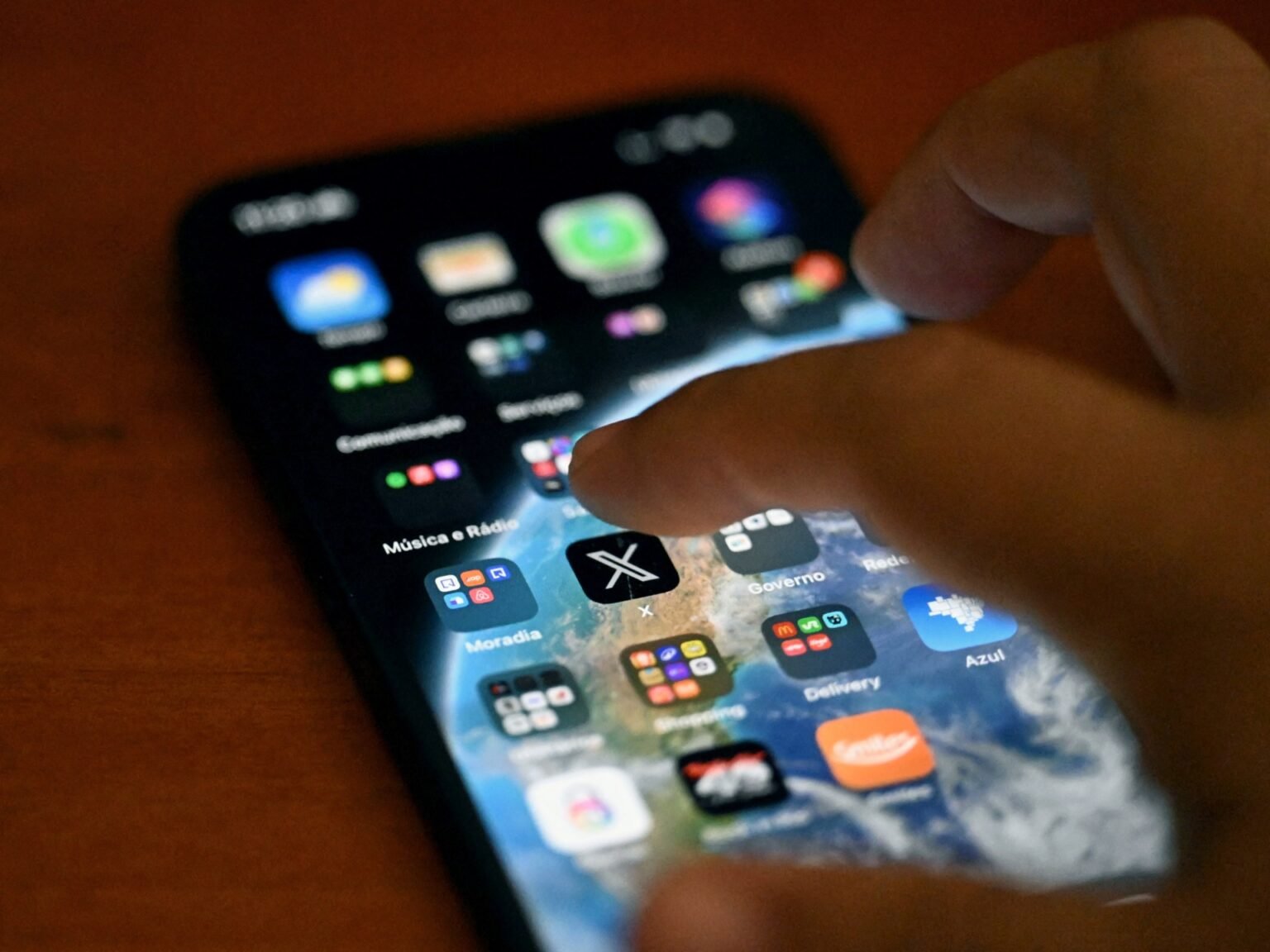The platform formerly known as Twitter, X, was suspended in Brazil at the end of August due to a dispute over disinformation related to the country’s 2022 election campaign. Brazil’s Supreme Court, led by Judge Alexandre de Moraes, lifted the ban on X after the company paid fines for failing to comply with court orders. Moraes authorized the immediate return of X’s activities and gave the communications regulator 24 hours to make the platform accessible again. Despite being labeled as an “evil dictator” by Elon Musk, the world’s richest man and a self-declared “free speech absolutist,” Moraes accused X of allowing disinformation to undermine democracy.
In response to the decision, X stated through its Global Affairs account that it was proud to return to Brazil and would continue to defend freedom of speech within the boundaries of the law. The platform had failed to name a legal representative in the country as required by law, which contributed to the suspension. Musk’s public criticism of Moraes, comparing him to the villain Voldemort from the Harry Potter series, further escalated tensions between the platform and the Brazilian government. President Luiz Inacio Lula da Silva supported Moraes’ position, stating that the state would not be intimidated by individuals, companies, or digital platforms that believed themselves to be above the law.
X finally complied with all of Moraes’ demands, including settling fines amounting to approximately $5.2 million, in order to have the suspension lifted. The Brazil dispute was part of a series of recent disagreements between Musk and various governments, including Australia and the United Kingdom, regarding the spread of online misinformation. Prior to the suspension, X had 22 million users in Brazil, making it one of the platform’s largest and most important markets. The company’s commitment to upholding freedom of speech while respecting legal boundaries was reiterated as it made its return to the Brazilian market.
Overall, the conflict between X and the Brazilian government highlighted the challenges faced by social media platforms in navigating issues related to disinformation, free speech, and legal compliance. Musk’s vocal opposition to the suspension and criticism of Judge Moraes underscored the complex dynamics at play when powerful individuals clash with government authorities over control of online platforms. The resolution of the dispute, with X agreeing to meet the court’s requirements and pay fines, demonstrated the importance of adhering to local laws and regulations in order to maintain operations in key markets such as Brazil.
As X resumed its activities in Brazil, it faced the ongoing task of balancing the promotion of free speech with the responsibility to prevent the spread of harmful misinformation. The platform’s commitment to defending freedom of expression within legal limits reflected a broader commitment to engaging with regulatory authorities and addressing concerns related to the impact of online content on democratic processes. Moving forward, collaborations between platforms like X and governments will likely play a pivotal role in shaping the future of online discourse and ensuring that social media remains a tool for positive communication and engagement in diverse global communities.










